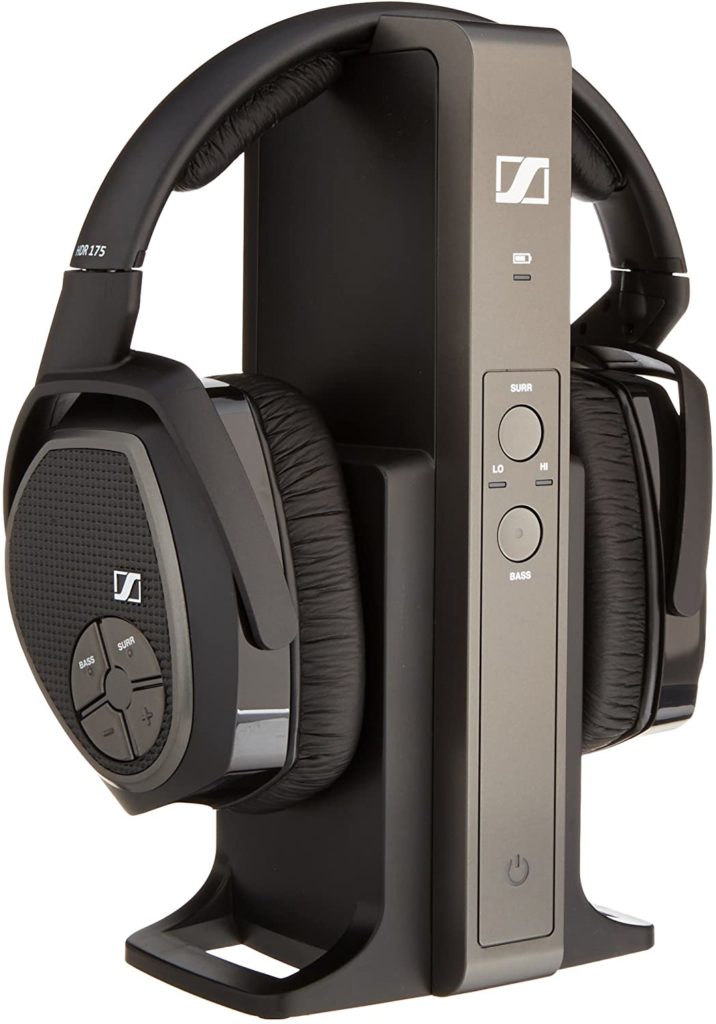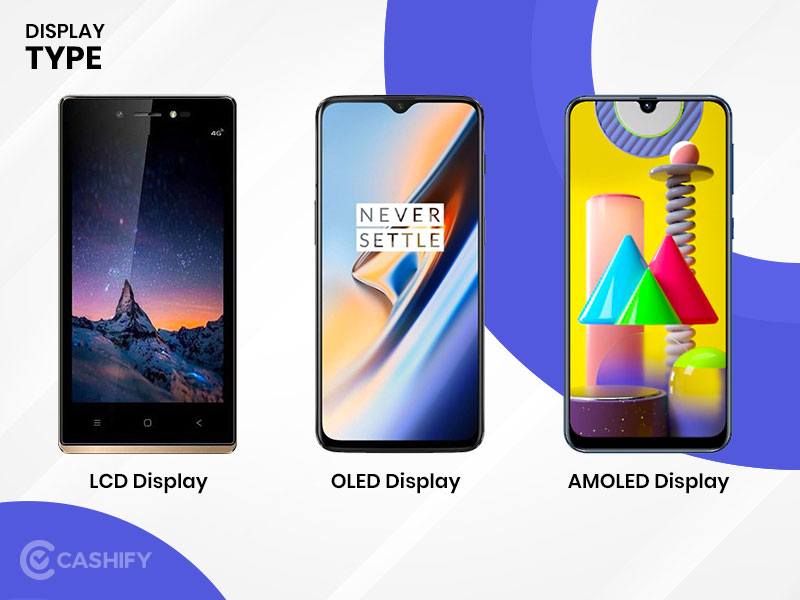Running a business is hard enough – you don’t need the added stress of worrying about payment processing solutions. How do you know which ones are right for your business? And how can you be sure that you’re getting the best rates and services possible? In this blog post, we’ll walk you through the process of choosing the right payment solutions for your business. We’ll discuss different types of payment processors and help you figure out which one is best for your company. Let’s get started!
Table of Contents
Select an Accurate Payment Gateway
The first step to setting up a payment processing solution for your business is to select an accurate payment gateway. A payment gateway acts as the middleman between your customer’s bank and your own, ensuring that the funds are transferred safely and securely. When you’re choosing a gateway, be sure to research different options and find one that best suits your needs.
Some factors you should consider when choosing a payment gateway include:
– The fees associated with the gateway
– The types of payments accepted by the gateway
– The security features offered by the gateway
– Whether or not the gateway is compatible with your existing shopping cart software
Once you’ve selected a payment gateway, you’ll need to set up an account and provide some basic information about your business. This includes your company name, address, and contact information. You’ll also need to provide a bank account number so that the funds can be deposited directly into your account.
Get a Merchant Account
The next step is to get a merchant account. A merchant account is a special bank account that allows businesses to accept credit and debit card payments. In order to get a merchant account, you’ll need to apply with a bank or financial institution. When you’re applying for a merchant account, be sure to shop around and compare rates. Additionally, you should explore credit control services like chargebacks and fraud prevention. You’ll also want to make sure that the merchant account provider offers excellent customer service. These are all important factors to consider when choosing the right payment solution for your business.
Keep in Mind the Processing Speed
Once you’ve selected a payment gateway and merchant account, you’ll need to keep in mind the processing speed. This is the amount of time it takes for the funds to be transferred from the customer’s account to your own. When you’re choosing a payment processor, be sure to find one that offers fast processing times. Otherwise, you may end up losing out on sales or frustrating your customers. Also, be sure to ask about any hidden fees associated with the processor. Many processors charge a fee for each transaction, so be sure to factor that into your overall costs.
Additionally, you’ll want to make sure that the payment processor you choose can handle a high volume of transactions. If your business is growing, you’ll need to make sure that your payment processor can keep up with the demand.
Make your Customers Feel Secure
One of the most important things to consider when choosing a payment solution for your business is how it will make your customers feel. If you’re handling sensitive customer information, you’ll want a solution that offers the highest level of security. This means looking for features like data encryption and fraud protection. You should also make sure that the company you’re working with is compliant with all relevant industry regulations. For instance, if you’re taking payments from customers in the European Union, you’ll need to make sure that your payment solution is compliant with GDPR. Or, if you’re taking payments from customers in the United States, you’ll need to make sure that your payment solution is compliant with PCI DSS.
Easy To Use
Another important consideration is the ease of use. Your customers should be able to understand and use your payment solution without any difficulty. This means considering things like user interfaces and customer support options. You’ll also want to make sure that your payment solution integrates seamlessly with your existing systems and processes.
Costs Associated with Each Solution
Of course, you’ll also need to consider the costs associated with each payment solution. Make sure to compare things like transaction fees, monthly charges, and set-up costs. You should also consider how the costs will scale as your business grows. Choose a solution that offers the best value for your specific needs. For example, if you’re a small business, you might not need all the features offered by a more expensive solution. But, if you’re a larger business, you’ll want a solution that can scale with you.
Consider Your Customers’ Needs
Finally, when you’re choosing a payment solution for your business, be sure to consider your customer’s needs. What type of payments do they want to be able to make? What type of devices do they use? What is their preferred payment method? For instance, if you’re selling products or services online, you’ll need a solution that supports online payments. But, if you’re selling in person, you’ll need a solution that supports mobile payments. Make sure to choose a solution that meets the specific needs of your customers.
How Many Payment Channels Do You Need?
Another thing to think about is how many payment channels you need. Some businesses only need to accept payments through a single channel, like credit cards. Others may need to support multiple channels, like PayPal, direct debit, and invoicing. The right solution for your business will depend on your specific needs. Payment channels mostly used by business owners are:
– Credit cards
– Debit cards
– PayPal
– Direct debit
– Invoicing
All these methods have their own set of pros and cons that business owners should take into account before choosing one or multiple methods as their payment solution for their business.
The right payment solution for your business will depend on a number of factors. Make sure to consider things like security, ease of use, and costs before making your final decision. By taking the time to choose the right solution, you can make sure that your business is set up for success.



